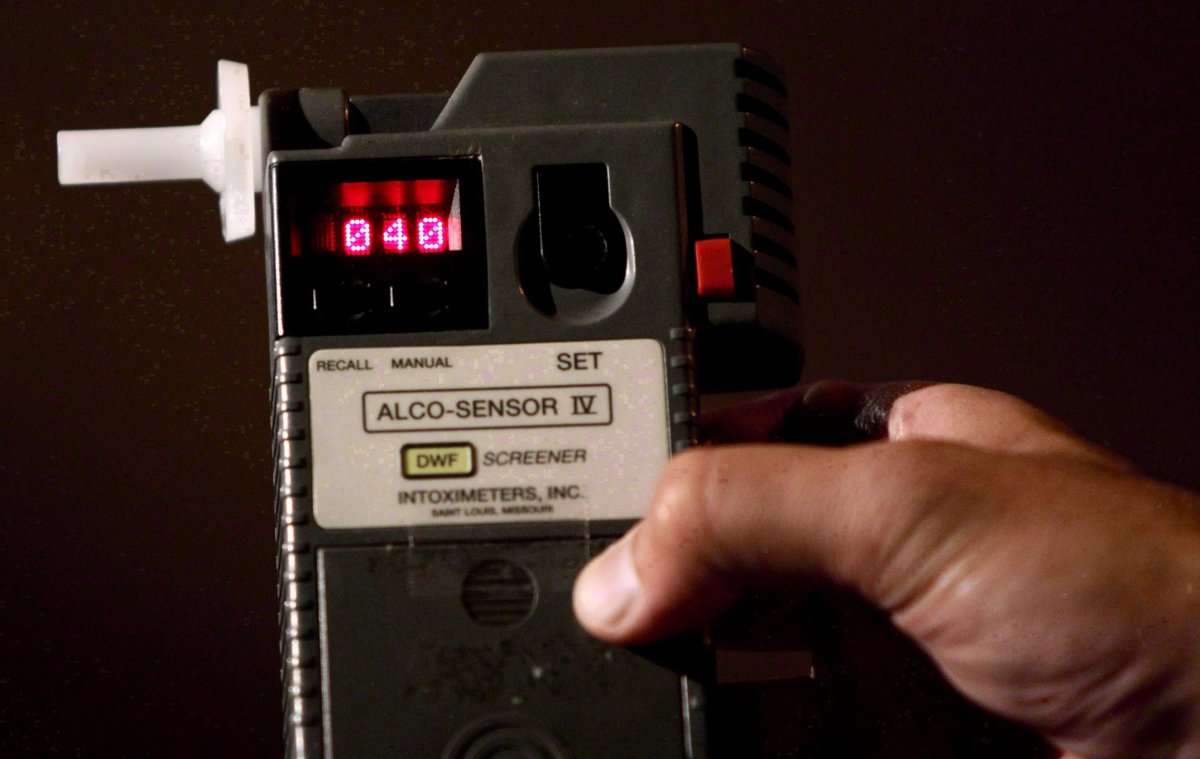In a ruling that could result in thousands of appeals of drunk driving suspensions, the B.C. Supreme Court has ruled that a government report on breathalyzers was not admissible in a particular case.

Justice Richard Goepel’s ruled that the Superintendent’s Report on Approved Screening Devices was inadmissible in an Immediate Roadside Prohibitions review hearing. Paul Doroshenko, a Criminal Lawyer with Acumen Law, says the government’s report doesn’t comply with the Motor Vehicle Act.
“These roadside breath testers have problems and were never intended to be used for this,” he says. “Anyone who conducted a hearing to review their prohibition and were unsuccessful and the government referred to the superintendent’s report, all of those people should be in a position to look at appealing that decision.”
This isn’t the first time the courts have ruled against parts of BC’s punitive drunk driving laws, which give immediate roadside suspensions of up to 90 days to violators.
The law was first introduced in 2010 as a response to the death of Alexa Middelaer, a four-year-old girl struck and killed by a drunk driver two years prior. At the time, the province’s stated goal was to cut down on drunk driving deaths by 35 per cent.
On Nov. 30, 2011, B.C.’s Supreme Court ruled that the new law violated the Charter of Rights and Freedoms. While agreeing that the law as a whole did not violate a citizen’s charter rights, the court ruled that the IRP program was unconstitutional, because it imposed significant penalties on a citizen without the ability for those found guilty to meaningfully challenge the decision.
The province amended the law in 2012, allowing for the right to a second field sobriety test with a different ASD, as well as mandating that police inform citizens of this right. The amended law has been in effect since June 15, 2012.
How the government reacts to this ruling is yet to be seen. Sam McLeod, the Superintendent of Motor Vehicles, confirmed that he has received the ruling, but says it’s too early to comment.
But Doroshenko estimates that potentially thousands of people who received immediate driving suspensions could appeal their case.
“We’re going to be filing appeals for many other cases in the next few weeks,” he says.
“We’re just getting started.”
– With files from Elton Hobson


Comments